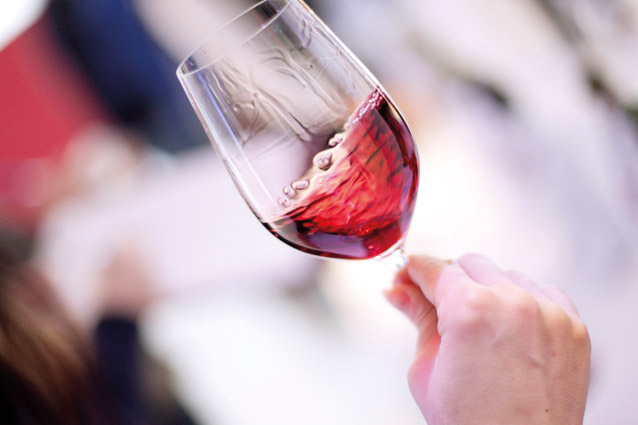FRANCE: Beaujolais
Another healthy haul of medals at good prices – even without a stellar vintage – suggests that Burgundy’s southernmost fringe is on a real roll
After not doing very much in the early years of the Sommelier Wine Awards, Beaujolais burst on to the scene in 2011, when the 2009 vintage provided some of the best wines of that year’s competition: silky, succulent and hugely food friendly.
Last year’s 2010s were lighter and crunchier, but still positively received, so it was with genuine interest that our tasters waited to see what the more awkward 2011 vintage would turn up.
 They needn’t have worried. In terms of medals, this was another strong showing, with the same number of medals as last year, but an increased proportion of Silvers to Bronzes. There could have been more, too: ‘[in the first round of judging] we were fighting not to put three-quarters of the wines through,’ said Laura Ward of Vivat Bacchus.
They needn’t have worried. In terms of medals, this was another strong showing, with the same number of medals as last year, but an increased proportion of Silvers to Bronzes. There could have been more, too: ‘[in the first round of judging] we were fighting not to put three-quarters of the wines through,’ said Laura Ward of Vivat Bacchus.
This was a category that garnered its medals in the beating heart of the on-trade’s business, from £6 to £16, picking up many friends along the way with its ability to provide decent amounts of finesse and food-friendliness at impressively low prices.
The region’s strength in the SWA has been (and was again this year) its ability to turn out good wines in the sweet spot of £8-£12 that Burgundy, for one, is finding it increasingly hard to hit. All but one of the medals was under £10.
More expensive wines were sent in, but the tasters struggled a bit with the concept of even cru wines up around the £20 mark. ‘You never want to stifle innovation, but there’s only so much you can do with Beaujolais,’ said team leader Angela Reddin, echoing the thoughts of her team.
That said, if there’s a recognised village cru behind the wine (such as Fleurie for example), it’s an easier sell, and the tasters generally enjoyed what they were seeing – that combination of bright fruit, acidic zip and granite-soiled structure.
It undeniably fits well with many types of modern food, and was described (positively) by one taster as a ‘perfect ladies-who-lunch wine’.
‘I like the way Beaujolais is moving forward,’ mused The Marylebone Hotel’s Mark Deamer. ‘They seem to be moving away from that maceration carbonique style – it’s definitely been the most progressive wine in France.’
Special congratulations not only to our Gold Medal winner, Domaine de la Madone, but to Henry Fessy, which is a regular gatherer of medals in this section, and also to Oedoria, which added a Gold for its Beaujolais white (in the Burgundy section) to its Silver here.
‘Beaujolais has almost got a new identity because it got lost on a lot of wine lists as a default for someone who wanted wine that didn’t taste like wine.’
Simon Woods, team leader
‘These wines are great with cold meats. They’re a great little number for the way we dine these days – tapas, that kind of thing.’ Laura Ward, Vivat Bacchus